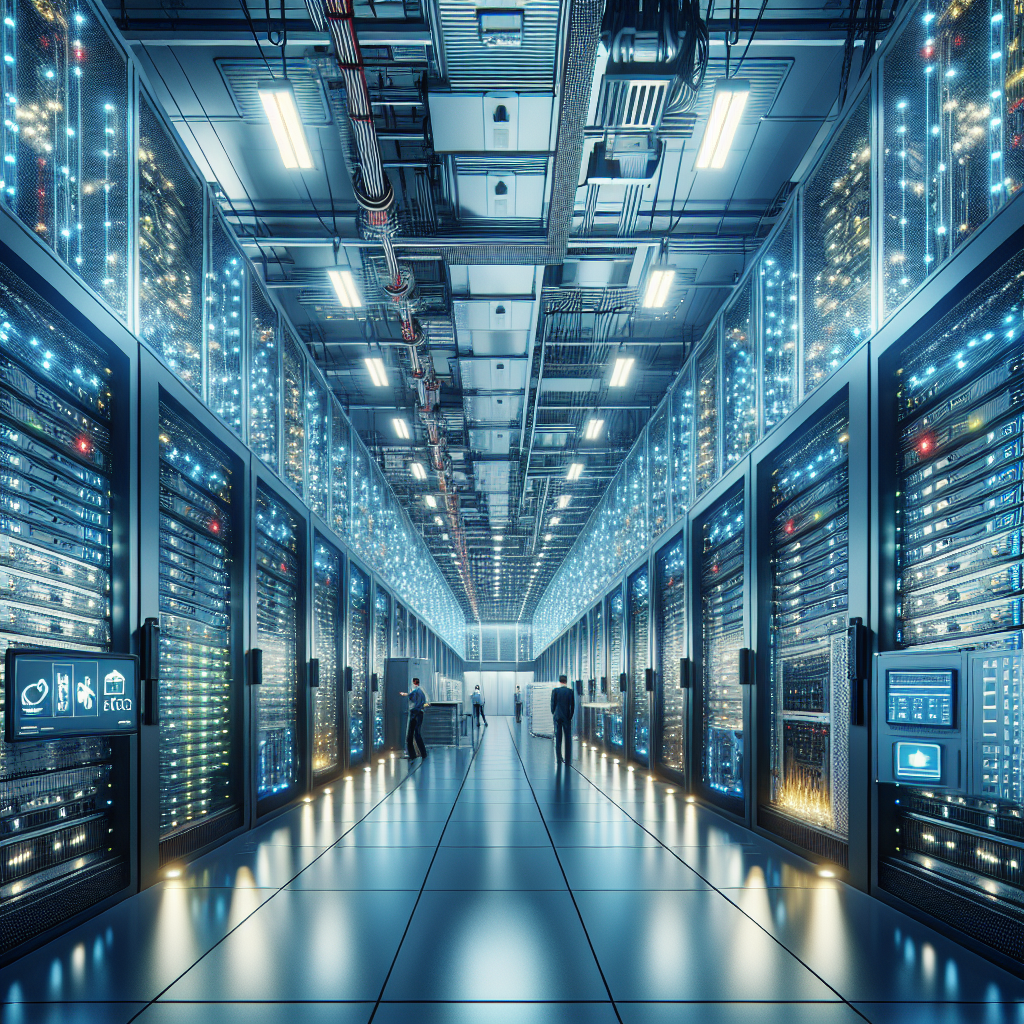Data centers play a crucial role in today’s digital age, serving as the backbone of organizations’ IT infrastructure. They house critical data and applications that are vital for the smooth operation of businesses. As such, ensuring the security of data centers is paramount to protect against physical threats and hazards.
Physical threats to data centers can come in various forms, including natural disasters such as fires, floods, earthquakes, and storms. These events can cause significant damage to the infrastructure and result in data loss or downtime. To safeguard against these threats, data centers need to have robust security measures in place.
One of the key aspects of data center security is access control. Limiting access to authorized personnel only helps prevent unauthorized individuals from entering the facility and tampering with sensitive equipment. This can be achieved through the use of access cards, biometric scanners, and surveillance cameras to monitor and track anyone entering or exiting the data center.
In addition to access control, data centers should also have physical barriers in place to protect against intruders. This can include perimeter fencing, security guards, and alarm systems to deter unauthorized access. Surveillance cameras and motion sensors can also be used to monitor the premises and alert security personnel of any suspicious activity.
Another important aspect of data center security is fire detection and suppression systems. Data centers house a large amount of electrical equipment, which can pose a fire risk. Installing fire detection systems, such as smoke detectors and heat sensors, can help identify potential fire hazards early on. Fire suppression systems, such as sprinklers and fire extinguishers, can then be activated to quickly contain and extinguish any flames.
Data centers should also have contingency plans in place to deal with emergencies and disasters. This can include backup power generators to ensure continuous operation in the event of a power outage, as well as off-site data backups to protect against data loss. Regular testing of these contingency plans is essential to ensure they are effective in real-life scenarios.
In conclusion, data center security is a critical aspect of safeguarding against physical threats and hazards. By implementing robust security measures, such as access control, physical barriers, fire detection, and contingency plans, data centers can protect their infrastructure and ensure the integrity of their data. Investing in data center security is essential for organizations looking to mitigate risks and maintain the reliability of their IT operations.

Leave a Reply
You must be logged in to post a comment.